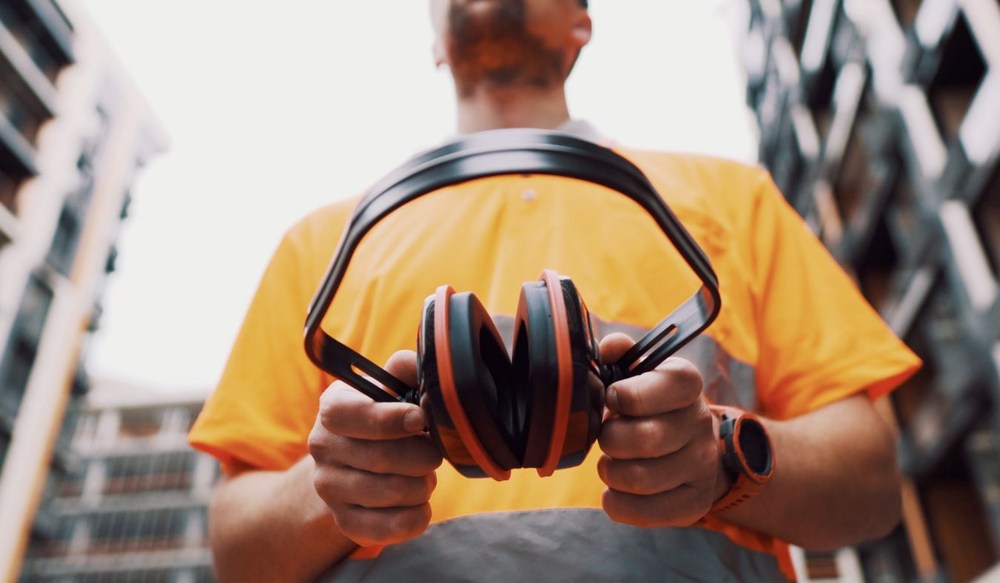Understanding Conductive vs Sensorineural Hearing Loss
Hearing loss can affect everyone differently, and understanding the type
Local: (512) 956-HEAR (4327)


Hearing loss can affect everyone differently, and understanding the type

Hearing loss in teenagers often goes unnoticed, especially as teens become

Have you ever wondered how musicians manage to keep their hearing sharp